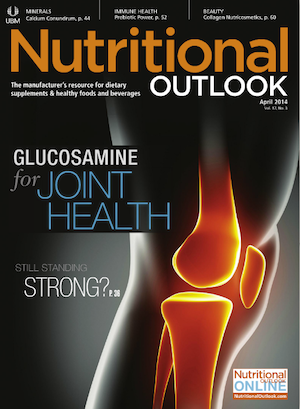Is This the Oral Health Study That Aloe Vera Needed?
An aloe mouthwash study out of India is the biggest yet.

Forget the sunburn-soothing properties of Aloe vera for a moment, because the number of aloe studies on oral health is growing. And the latest human clinical on aloe mouthwash is the biggest yet.
To backtrack, the brief history of aloe studies on oral care relate to gingivitis and plaque reduction. Previous trials on aloetoothpaste and aloe mouth rinse have brought success, but their positive outcomes are perhaps questioned because of small sample sizes.
At Teerthankar Mahaveer University in India, though, Drs. Bushra Karim, Devanand Gupta, and Rajendra Kumar Gupta managed to recruit 345 students for a 30-day study comparing the effects of aloe mouthwash, chlorhexidine, and placebo. Chlorhexidine is a highly effective oral solution for plaque and gingivitis reduction, but it’s available by prescription only, and prolonged use can result in side effects. Anyway, the researchers assigned 115 students to rinse with one of the three mouthwashes, twice daily.
At both 15 and 30 days, researchers saw no difference in effectiveness between aloe and chlorhexidine. And both treatments performed better than placebo. That should be welcome news to anyone willing to buy a plant-based alternative mouthwash over many of today’s not-as-label-friendly options.
Researchers believe that aloe’s oral benefits relate to the plant’s anti-inflammatory and wound-healing properties, and a 2012 in vitro study managed to pinpoint some of the oral microbes that aloe works against. But more research wouldn’t hurt, right?
B Karim et al., "Effect of Aloe vera mouthwash on periodontal health: tripe blind randomized control trial," Oral Health and Dental Management, vol.13, no. 1 (March 2014): 14–19.
Robby Gardner
â¨Associate Editor
â¨Nutritional Outlook magazine
â¨robby.gardner@ubm.com
















